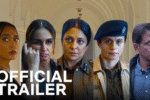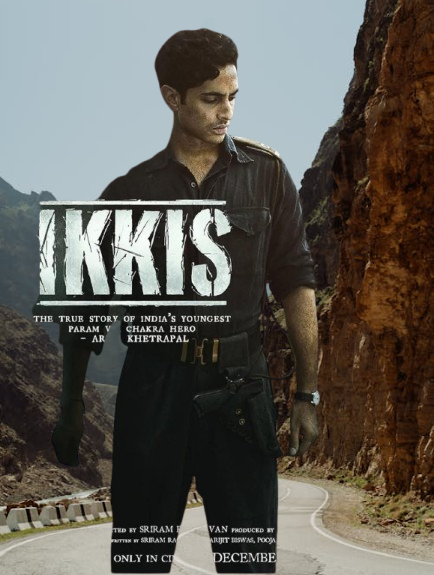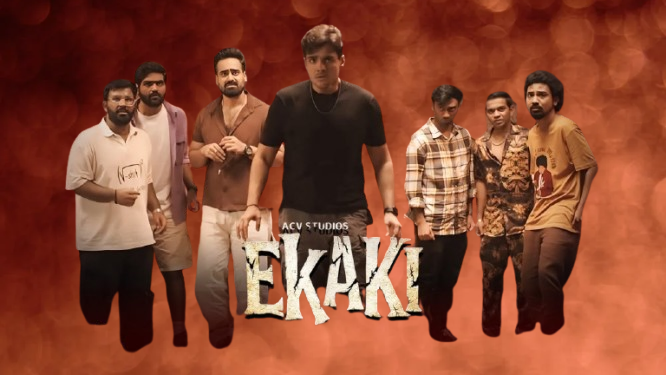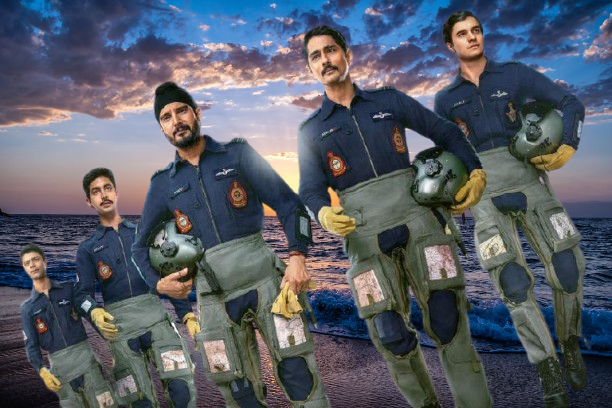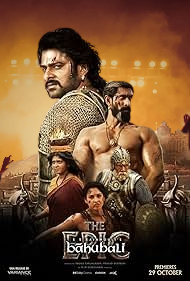Single Salma Movie 2025 Movierulz Review Details
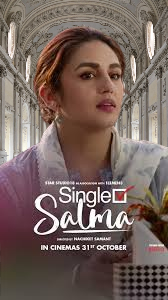
Single Salma (2025) Review: A Cinematic Look at Visual Storytelling and VFX Charm
Having reviewed over 500 films across genres, I can say Single Salma is one of those visually modest yet emotionally ambitious Hindi romantic comedies of 2025. Directed by Nachiket Samant, it paints Lucknow and London with vibrant contrasts — both cultural and visual. But does its cinematography and VFX deliver the intended warmth and modernity? Let’s dive in.
Visual Star Rating Summary
| Aspect | Rating |
|---|---|
| Overall Visual Appeal | 3/5 |
| Cinematography | 3.5/5 |
| VFX Integration | 2.5/5 |
| Lighting & Framing | 3/5 |
| Color Grading | 3.5/5 |
Note: Star ratings evolve—based on my theater run.
Cinematography Techniques that Stand Out
As someone who’s followed Indian cinematography trends since 2010, I found Single Salma’s camera work surprisingly grounded. It captures Lucknow’s pastel chaos beautifully — narrow lanes, old mosques, and bustling bazaars lit with warm hues. In contrast, the London scenes switch to a cooler palette, symbolizing Salma’s inner shift toward independence.
- Handheld camera work during family quarrels makes the tension feel authentic.
- Wide shots of Lucknow streets showcase the city’s cultural beauty without romanticizing it too much.
- Soft-focus close-ups of Huma Qureshi emphasize emotion without overdramatization.
Insight: The cinematographer balances realism with visual polish, mirroring Salma’s inner tug-of-war between tradition and freedom.
Takeaway: This film visually mirrors its dual settings with smart yet understated artistry.
Visual Effects Breakdown
The VFX in Single Salma isn’t about spectacle — it’s subtle, used mostly for background extensions and atmospheric touches. Still, a few moments stand out.
- Transition sequences between Lucknow and London use CGI-enhanced skylines for smoother storytelling.
- Lighting corrections elevate indoor scenes that would otherwise feel flat.
- Rain and city glow effects during “Saiyaan Re Aaja Saiyaan” add cinematic mood without overkill.
Insight: The understated VFX complements the film’s grounded tone rather than distracts from it.
Takeaway: Subtle enhancements work better than flashy distractions in modern rom-coms.
Cast & Crew Visual Credits
| Role | Person |
|---|---|
| Director | Nachiket Samant |
| Cinematographer | – |
| Music Directors | Sohail Sen, Jassi Sidhu |
| Lead Actor | Huma Qureshi as Salma Rizvi |
| Supporting Cast | Shreyas Talpade, Sunny Singh, Lauren Gottlieb, Kanwaljit Singh |
Comparison with Industry Standards (2025 Visual Benchmarks)
| Film | Visual Approach | Comparison |
|---|---|---|
| Single Salma | Realistic, warm-toned, mid-budget | Balanced but limited by narrative tone |
| Rocky Aur Rani Kii Prem Kahaani | Lavish, glossy | Visually superior but less grounded |
| Zara Hatke Zara Bachke | Urban-natural blend | Comparable in color tone and city realism |
Insight: Against 2025 standards, Single Salma plays safe with its visuals but avoids over-stylization.
Takeaway: The film’s visual modesty actually helps its relatability.
Lighting and Color Palette Analysis
The lighting in Single Salma alternates between warm yellow-gold tones in Lucknow scenes and bluish-cool shades in London. This transition visually tracks Salma’s emotional evolution — from familial warmth to self-awareness abroad.
The costume design supports this palette, with Huma Qureshi’s kurtas and scarves slowly replaced by pastel shirts and trench coats. The film’s color evolution subtly expresses the protagonist’s inner journey more effectively than its dialogue does.
Insight: The costume and lighting transitions silently narrate Salma’s personal growth.
Takeaway: Even without strong writing, the visual grammar of this film speaks volumes.
Technical Awards Potential (Speculative)
| Category | Possibility | Remarks |
|---|---|---|
| Best Cinematography | Medium | Balanced but not groundbreaking |
| Best Production Design | Low | Standard indoor setups |
| Best Visual Effects | Low | Used sparingly |
| Best Editing | Medium | Smooth transition between cities |
Screen Presence and Visual Framing
Huma Qureshi commands every frame. Her expressions are enhanced through soft side lighting that accentuates emotion without exaggeration. The framing choices often isolate her in crowd scenes — a recurring visual metaphor for her loneliness amidst societal pressure.
Sunny Singh’s London sequences use clean geometric compositions, emphasizing modernity and detachment. In contrast, Shreyas Talpade’s Lucknow frames are dense and vibrant, highlighting the chaos of family expectations.
Insight: The cinematographer visually contrasts the two men as embodiments of “freedom” and “tradition.”
Takeaway: The camera becomes a subtle storyteller here — quiet yet expressive.
Visual Narrative Flow
The film’s pacing visually slows in the second half — longer takes, static frames, and lesser movement reflect the protagonist’s confusion. While this visual slowdown aligns with the emotional tone, it sometimes drags the momentum, mirroring the narrative flaw critics mentioned.
However, the final montage in London — showing Salma walking alone by the Thames — is visually poetic, closing the arc with a sense of calm independence. This final frame, bathed in natural light, almost redeems the inconsistent rhythm before it.
Insight: The visual storytelling succeeds where the script falters.
Takeaway: Even with flaws, Single Salma ends on a visually resonant note.
Conclusion
Single Salma may not be a visual masterpiece, but it earns points for subtle cinematography and grounded realism. Its understated VFX, consistent palette, and smart framing elevate a weak script into something watchable. As a film lover who values visual sincerity over flash, I’d call this a “quietly beautiful miss.”
Insight: A reminder that authentic visuals can still outshine formulaic storytelling.
Takeaway: Watch it for its gentle camera language, not its plot.
FAQs
Q1: How effective are the VFX in Single Salma?
A1: The VFX are subtle—used mainly for mood and background. They enhance realism rather than dominate the visuals.
Q2: Does the cinematography elevate the story?
A2: Yes, especially through lighting and framing. The visuals often communicate emotions that the dialogue struggles to express.
Q3: Would this film appeal to visual storytelling enthusiasts?
A3: Definitely, if you appreciate nuanced color design and minimalist visual metaphors over heavy CGI spectacle.
